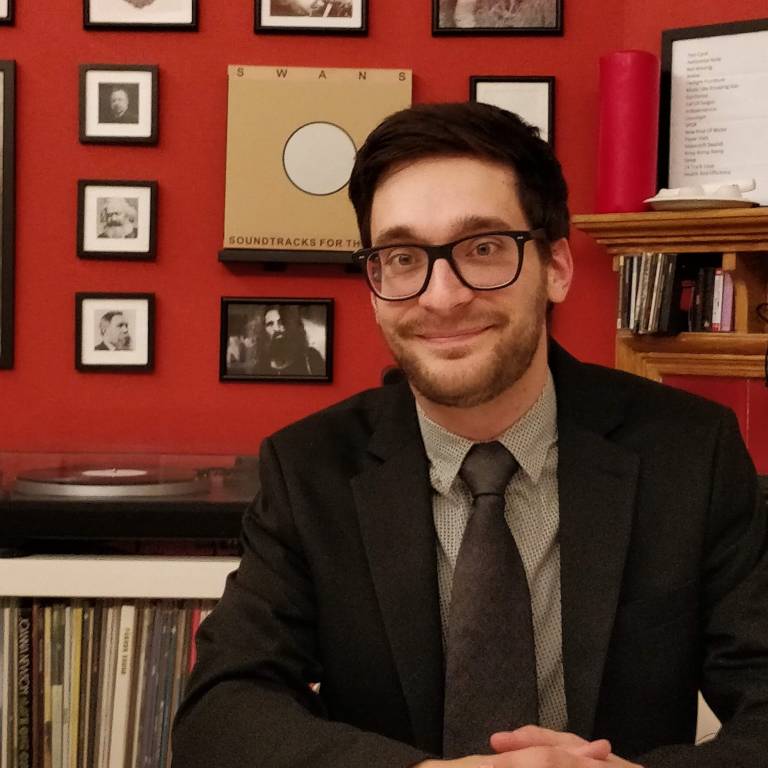Catching up with our Postdocs: Dr Alessandro de Arcangelis
18 September 2019
Since this week is National Postdoc Appreciation Week, we thought it would be great to catch up with some of our Teaching Fellows and Research Associates about what they have been up to over the summer! We spoke to Dr Alessandro De Arcangelis.

We hear you’re working on a book at the moment – can you tell us a bit about it?
My book investigates how intellectuals in nineteenth-century France, Italy and Germany re-discovered and responded to the philosophy of the Neapolitan Enlightenment thinker Giambattista Vico. What I aim to show is how debates on Vico gave a new set of meanings to some key concepts, such as progress, time and history, and how this shift had important implications with regard to the political thought of that period.
I think my book will hopefully do much more than just ‘fill a gap’ in the existing literature, as it will ultimately demonstrate how much the political thought of the modern era rested on particular assumptions about the character, nature and movement of history. Being Neapolitan myself, I find the possibility of tracing all these complex transnational debates back to Vico (who was born in Naples in 1668) quite intriguing!
Over the summer you submitted an article to History of European Ideas - what was its focus?
I am very interested in fin-de-siècle and early twentieth-century literature and I find it surprising that intellectual historians have rarely taken it seriously as a subject of study. Beyond offering more or less credible snapshots of people’s lives in a particular era, literature can tell us a lot about how ideas travelled, how they were communicated, exchanged and circulated.
With these ideas in mind, I looked at a series of novels by the Italian writer Gabriele D’Annunzio and used them as a springboard to investigate the reception and circulation of Friedrich Nietzsche’s philosophy in Italy around the turn of the century. Seen in the context of his growing fascination with Wagner’s music dramas, these novels reveal how D’Annunzio employed references to Thus Spoke Zarathustra to celebrate the values of the Wagnerian operas and amalgamate them with his own literary style. I highly doubt Nietzsche would have approved…
Teaching begins again in a few weeks, with induction week running from the 23rd September. What teaching are you doing this year, and do you have any advice for incoming UG or PG students?
Teaching is perhaps my favourite part of being an academic. Spending time with students has been such a rewarding experience in the past few years and I am looking forward to the start of classes. I am doing quite a lot of teaching this year. I am particularly excited about two courses I designed over the summer: ‘Enlightenments and Revolutions’ is an undergraduate module that seeks to rethink the traditional ‘centre/periphery’ model that too often characterises our understanding of the Enlightenment, by placing this movement in a purely transnational and, in many cases, transatlantic context. ‘Unity before the Union: The Idea of Europe in the Modern Era’, then, is an MA course that investigates the critical role played by the idea of Europe in modern intellectual history, leading to the proliferation of debates on a trans- or supra-national European political order before the process of European integration was ‘officially’ started in 1945. I would definitely lie if I said that the current debates on Britain’s relationship with Europe did not encourage me to come up with this course.
Finally, some advice: learning is at its best when it is driven by curiosity. Be inquisitive. Do not shy away from asking questions during lectures and seminars. Let your imagination guide your studies and discover connections. In short: put your own passions at the core of your learning.
 Close
Close

